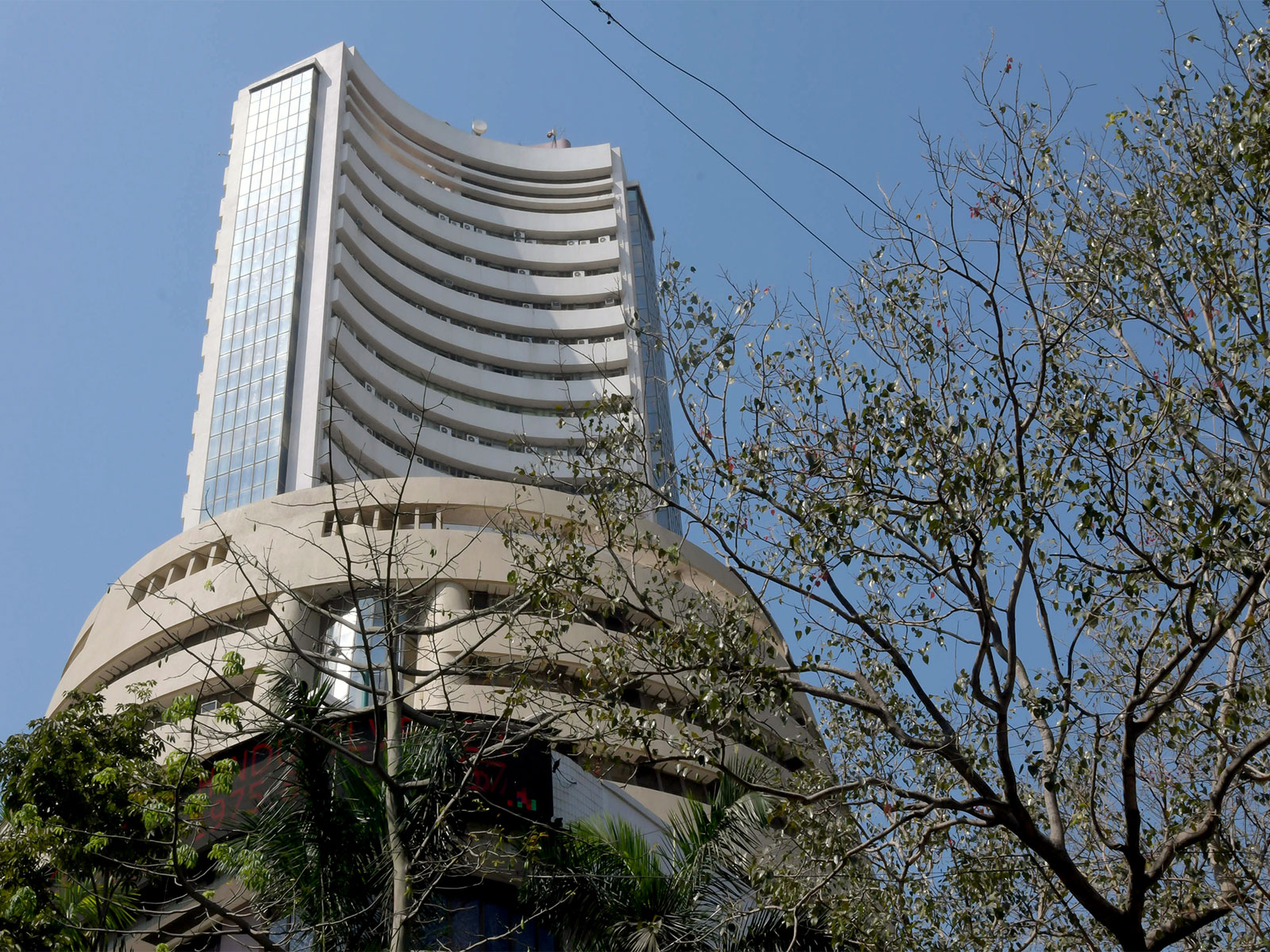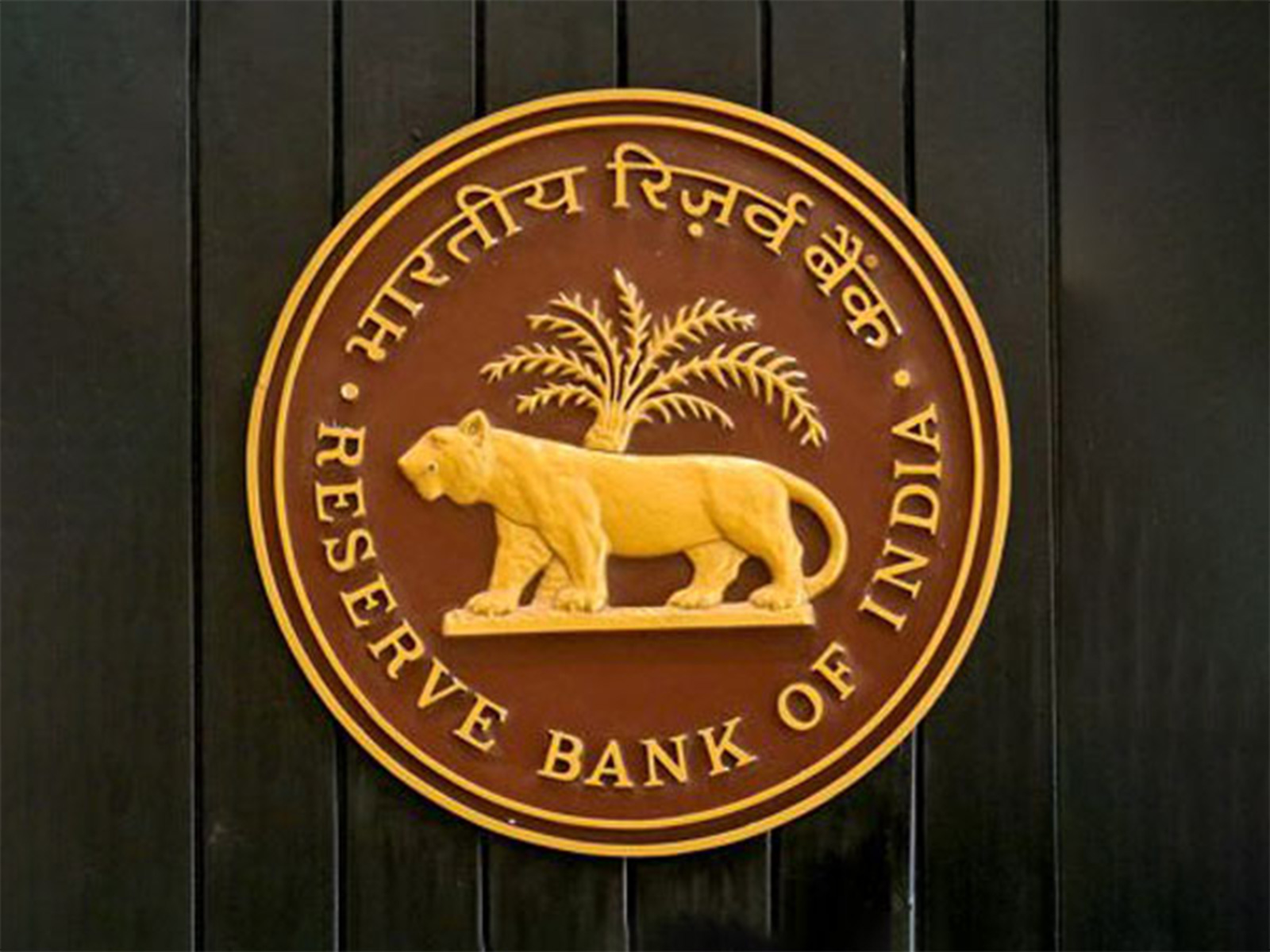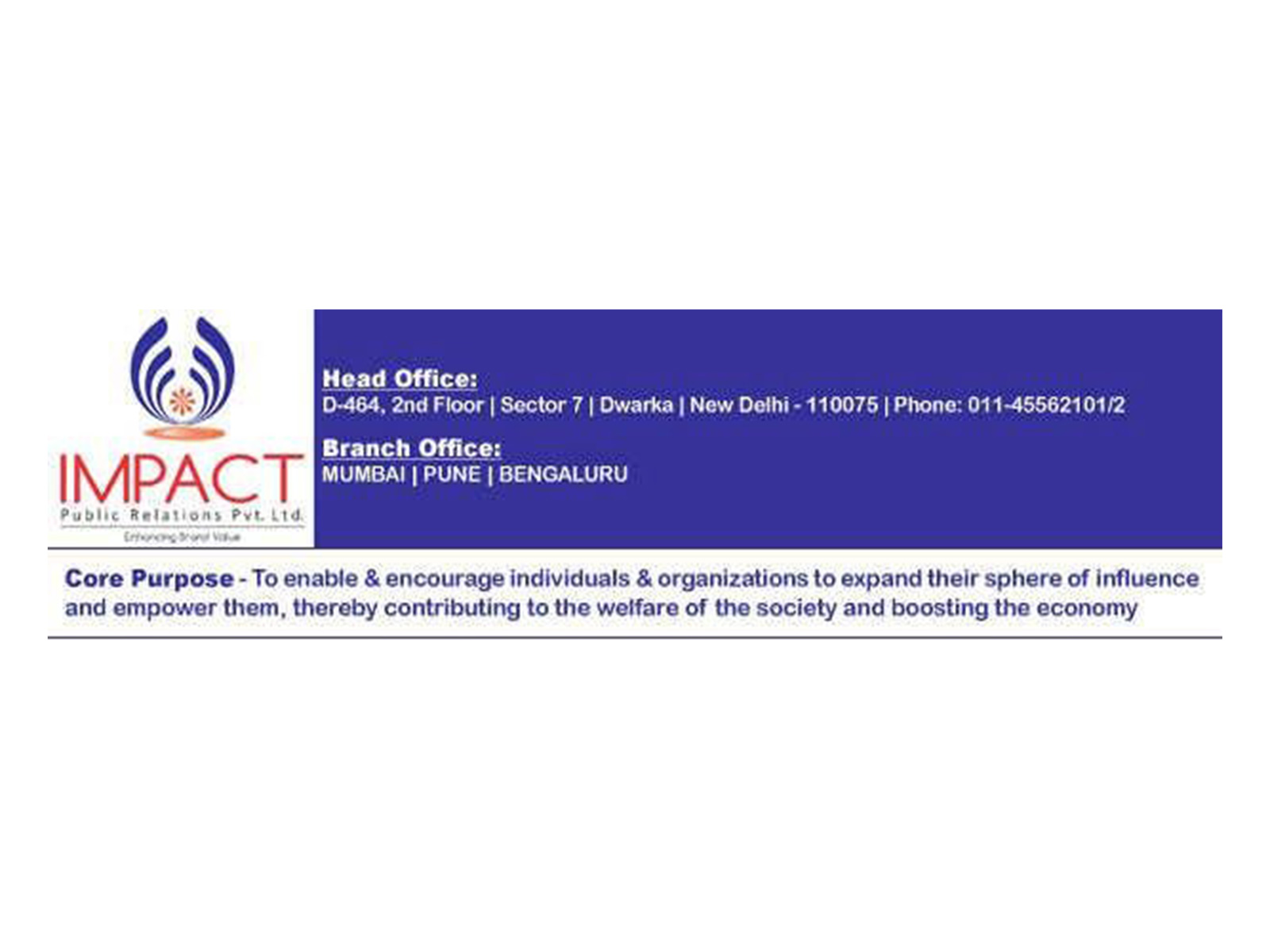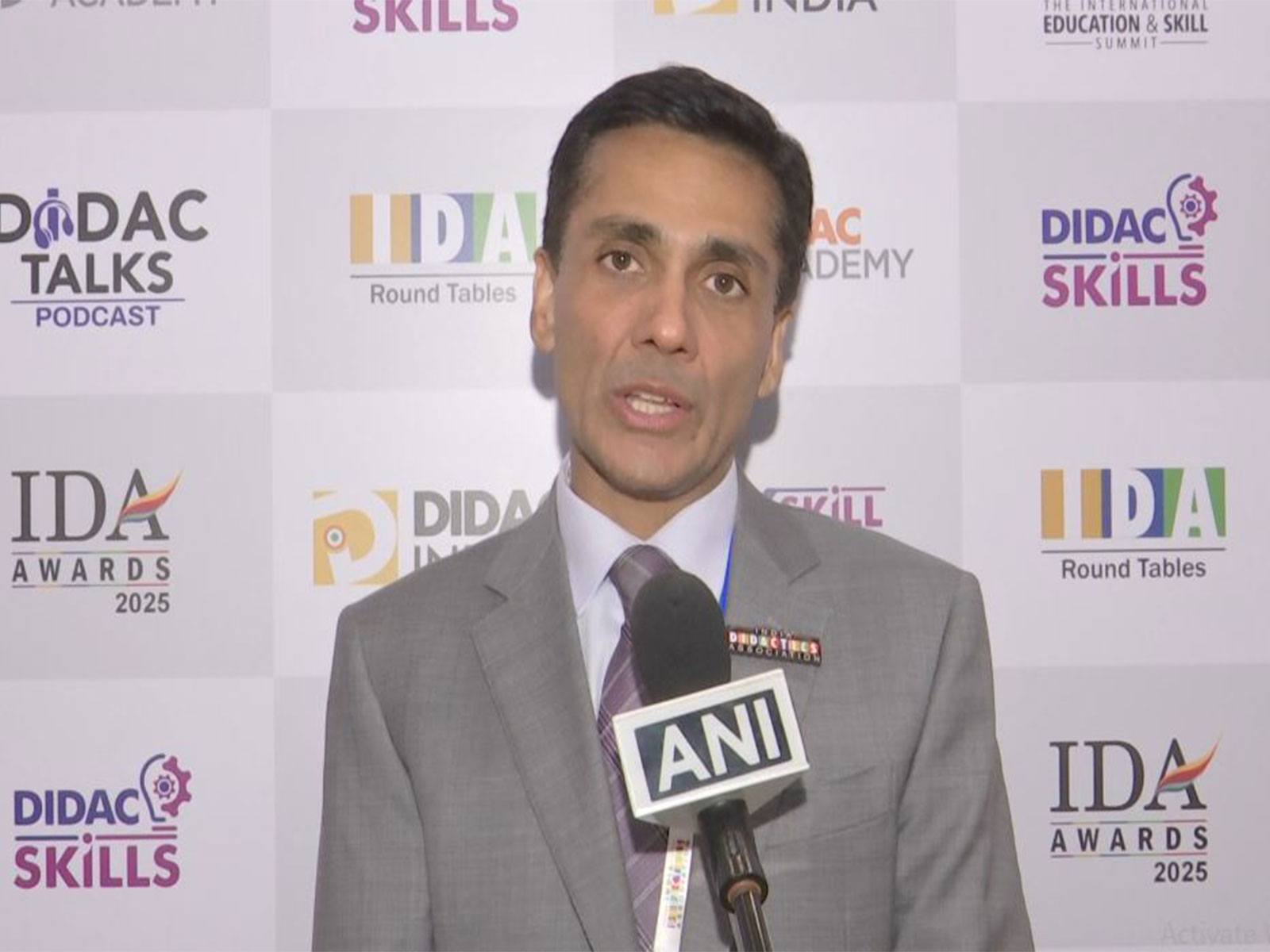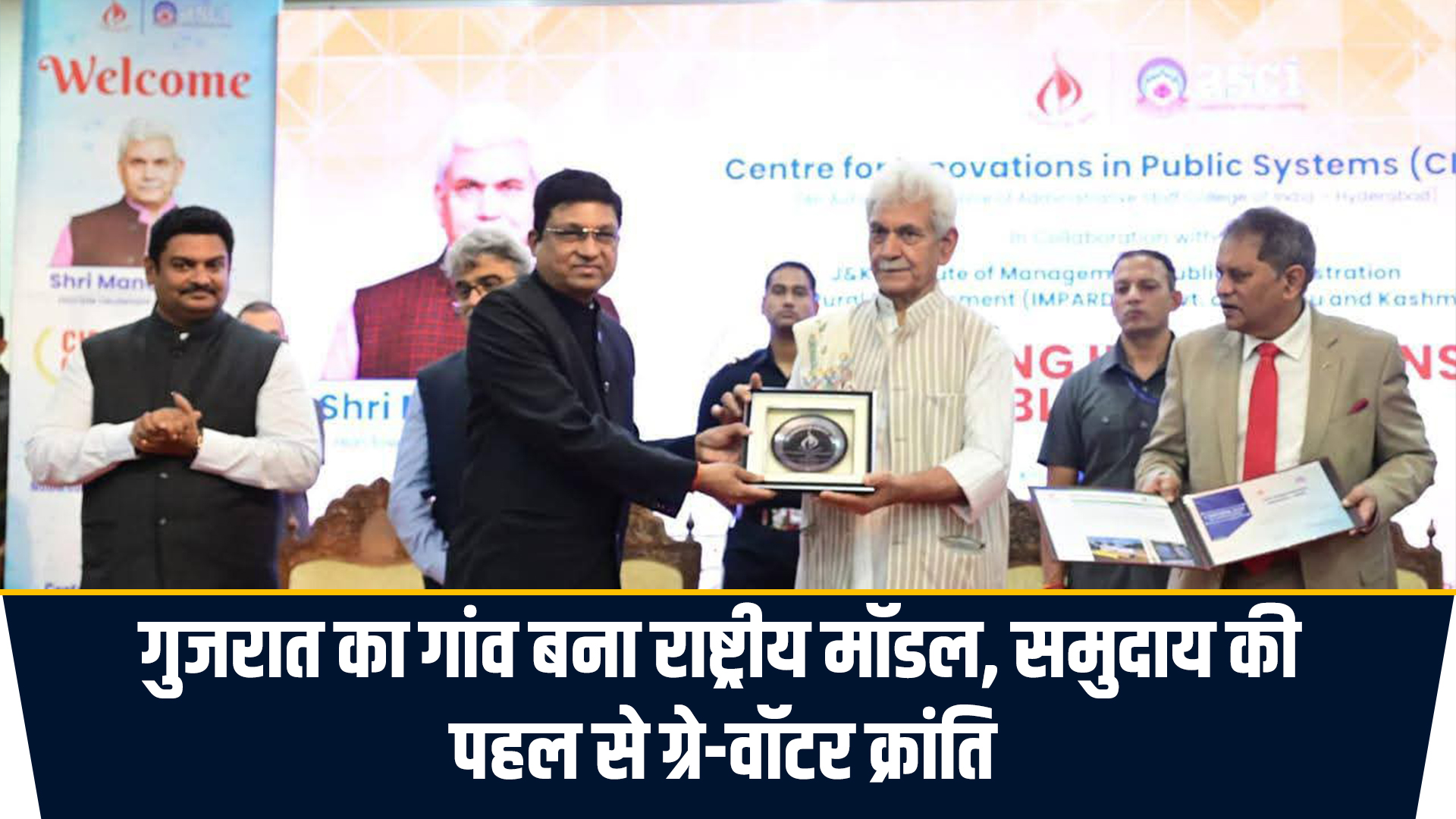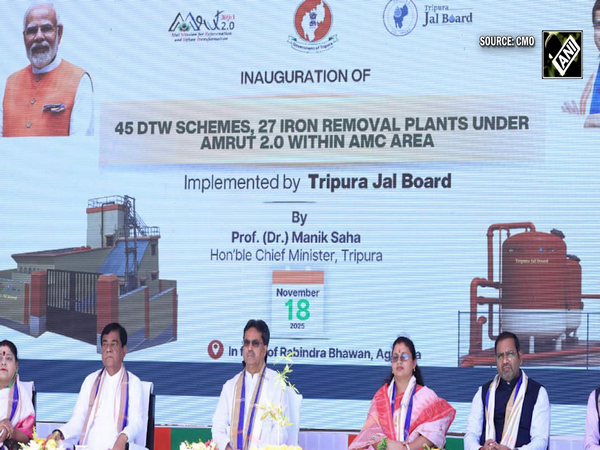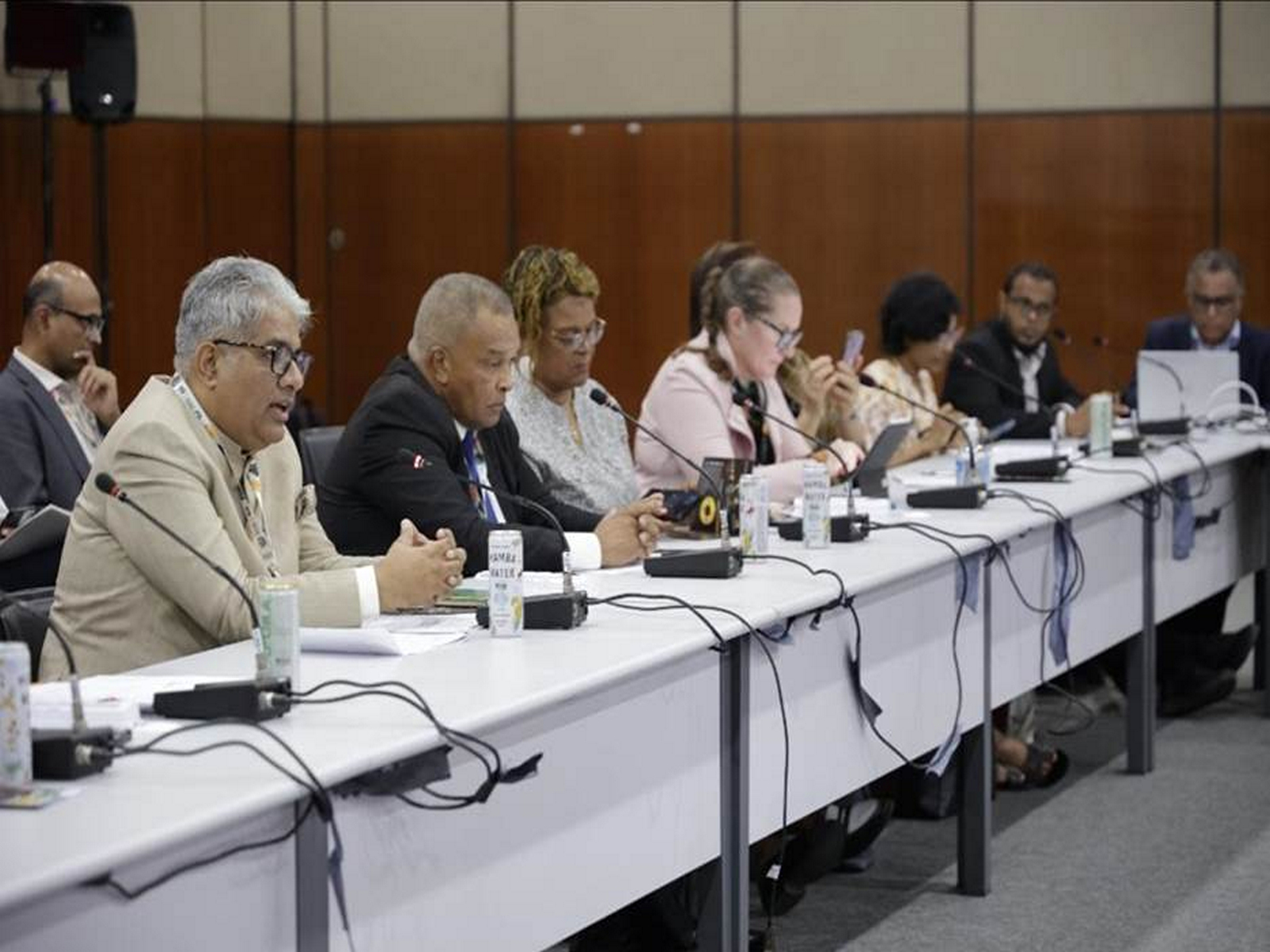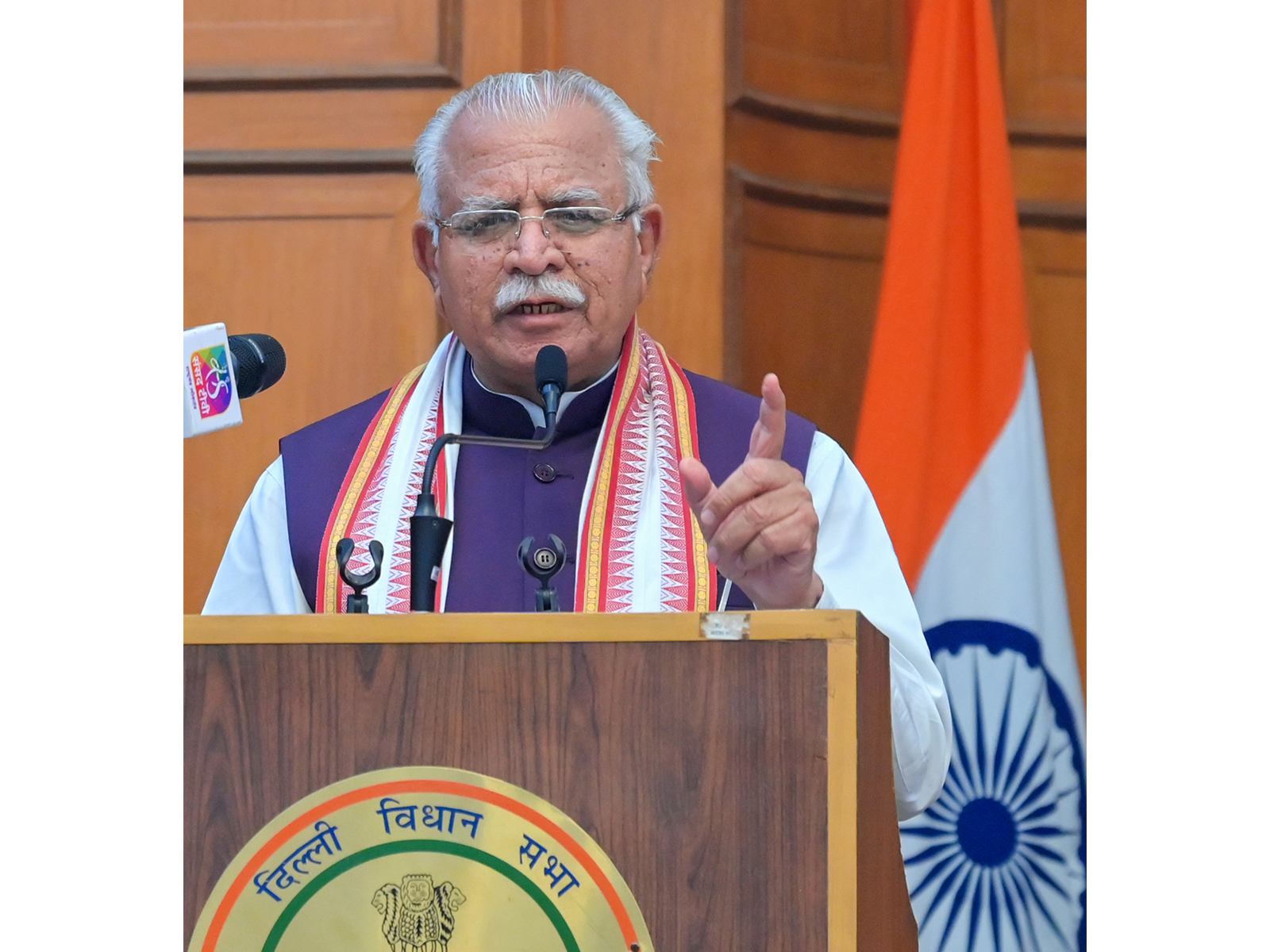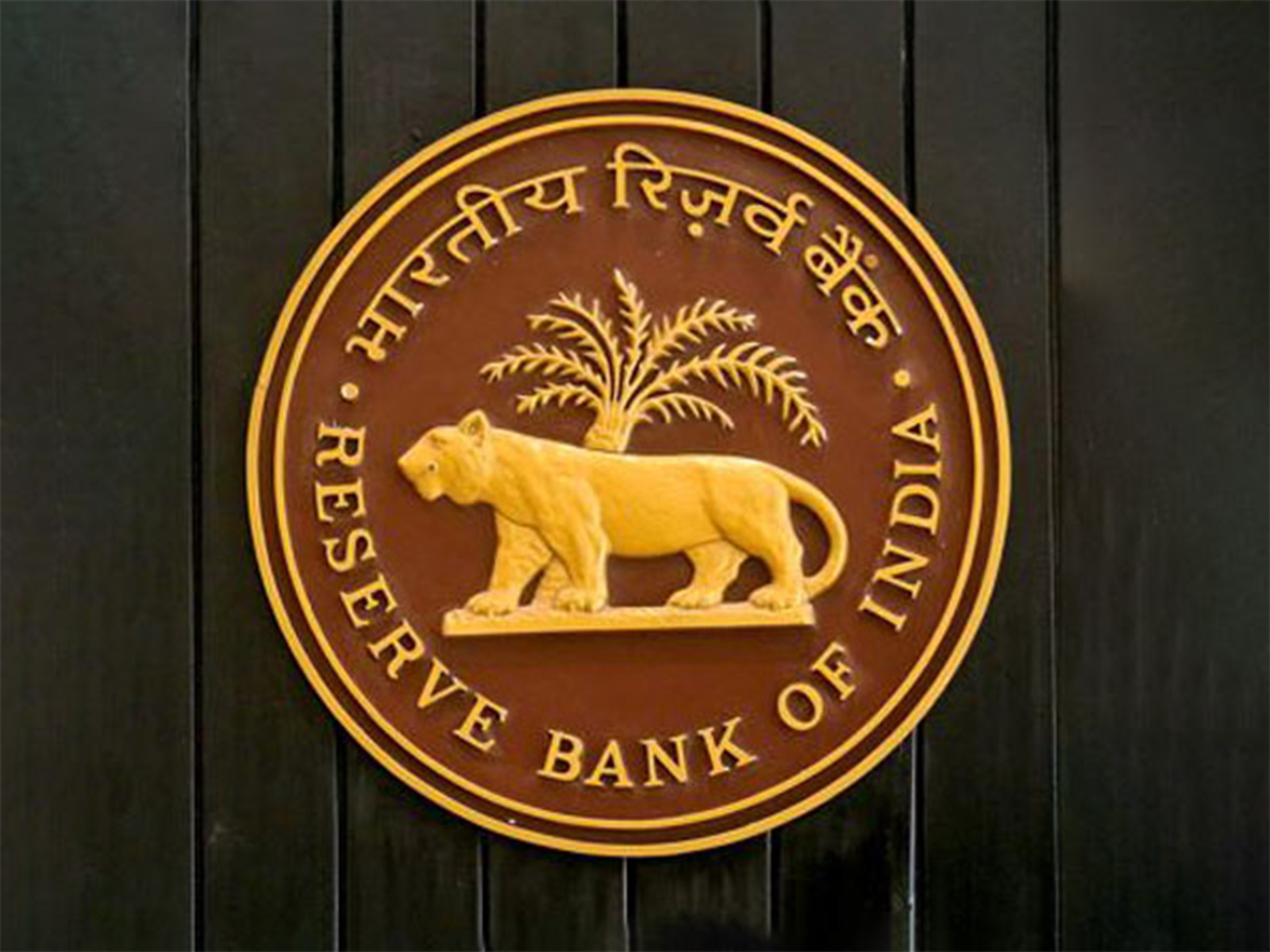
RBI should deliver additional 50bps cuts over next 12 months & depart from neutral guidance: Report
Nov 20, 2025
Mumbai (Maharashtra) [India], November 20 : The Reserve Bank of India (RBI) should move away from its recent neutral policy stance and deliver an additional 50 basis points of rate cuts over the next 12 months, according to a report by Amundi, a French asset management company.
The report said the central bank may need to act as economic growth may begin to soften in 2026 due to the US tariffs that disadvantage India versus regional players.
It stated "domestic demand remains the principal growth driver. Despite the recent GDP forecast upgrade, we continue to expect some deceleration in Calendar Year (CY) 26".
The report noted that India's domestic demand continues to be the main driver of growth. Despite a recent upgrade to GDP forecasts, the firm expects some deceleration in economic activity in Calendar Year (CY) 2026.
For 2026, the report expects the tariff burden on India to ease. It said growth should continue to be supported by domestic demand, aided by fiscal relief measures.
These include upcoming changes in the Goods and Services Tax (GST), lower income taxes, and the anticipated rollout of the Eighth Pay Commission, which is expected by January 2026. These steps are likely to lift household consumption.
However, the report highlighted that the recovery in private investment remains uneven and has recently been disappointing due to elevated global uncertainty.
It added that deregulation efforts could help revive the investment cycle, though external headwinds remain the biggest downside risk in the absence of stronger fiscal support.
On inflation, the report expects headline price pressures to average between 4-5 per cent in CY26. This projection is supported by expectations of a favourable monsoon, soft global food and energy prices, and the pass-through effects of GST changes.
Looking at markets, the asset manager said the outlook for Indian equities is "slightly positive," backed by the country's long-term growth potential. It sees the most attractive opportunities in infrastructure projects aimed at resolving real bottlenecks, manufacturing linked to global supply-chain shifts, and technologies that expand financial inclusion.


